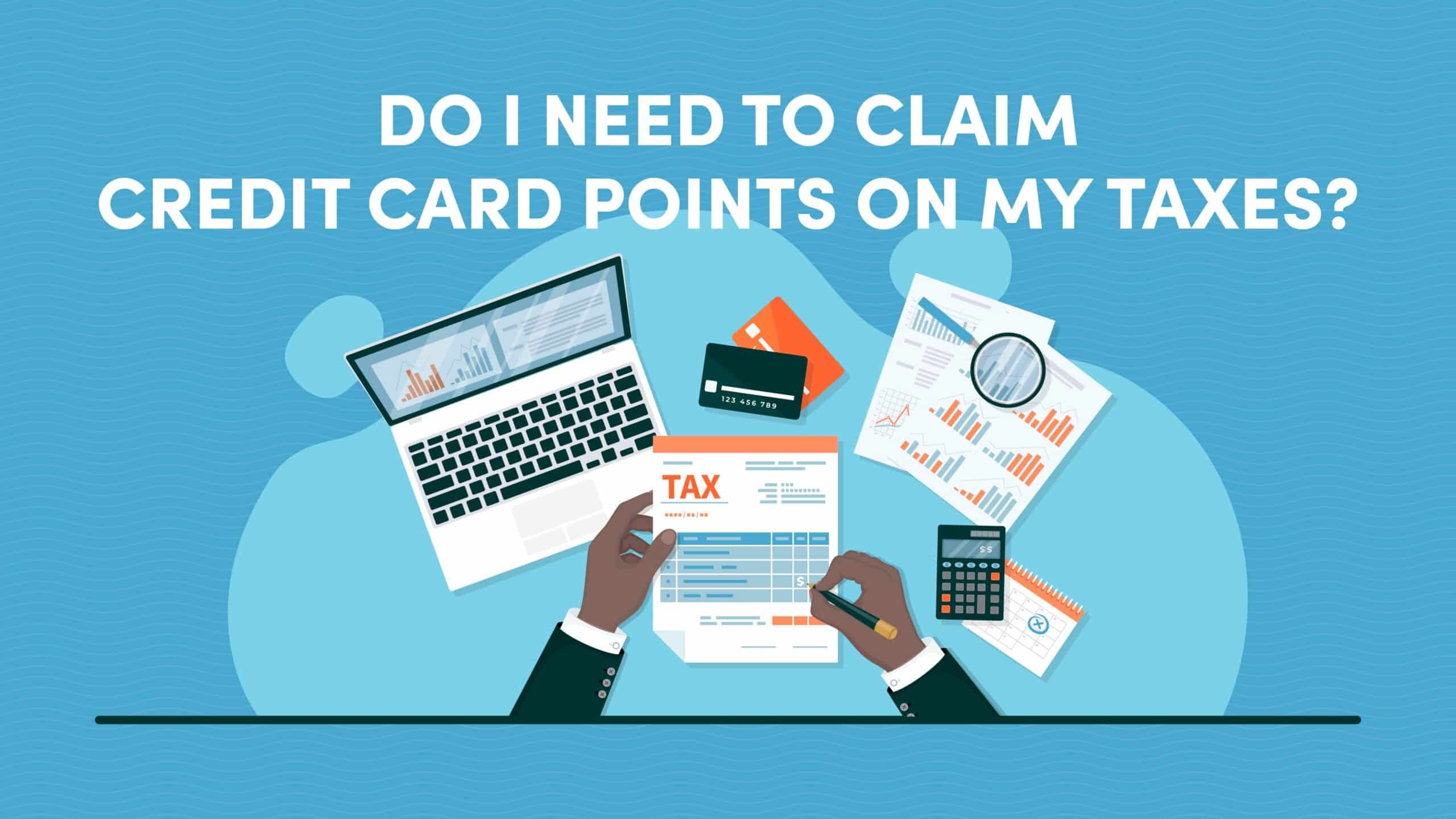
10xTravel is part of an affiliate sales network and receives compensation for sending traffic to partner sites, such as CreditCards.com. This site may earn compensation when a customer clicks on a link, when an application is approved, or when an account is opened. This compensation may impact how and where links appear on this site. This site does not include all financial companies or all available financial offers. Terms apply to American Express benefits and offers. Enrollment may be required for select American Express benefits and offers. Visit americanexpress.com to learn more. All values of Membership Rewards are assigned based on the assumption, experience and opinions of the 10xTravel team and represent an estimate and not an actual value of points. Estimated value is not a fixed value and may not be the typical value enjoyed by card members.
Note: Some of the offers mentioned below may have changed or may no longer be available. The content on this page is accurate as of the posting date; however, some of our partner offers may have expired. You can view current offers here.
For many people, tax season can feel like the most daunting time of the year. For those of us who don’t hire a personal accountant, it involves combing through your finances of the last year and determining what should and shouldn’t be included in their tax filing.
One of the largest gray areas (for our readers in particular) is whether credit card rewards need to be included in your tax filing. Unfortunately, the answer to this question is not a cut-and-dry yes or no.
While the chances that the IRS will come after you for forgetting to report your Chase Ultimate Rewards points or American Airlines AAdvantage miles are slim, it’s always better to err on the side of caution when reporting your taxes. The last thing you want to deal with is an IRS audit.
So, when do you have to report credit card points or miles as taxable income? And when can you leave them out of your tax filing? We’re going to answer these questions and more in the following sections.
Keep in mind that we here at 10xTravel are not tax professionals, so, if you have any additional questions, you should contact a certified public accountant.

When Do You Need to Claim Points or Miles on Your Taxes?
The question of when you need to report points or miles on your taxes depends on the source of those rewards and whether they would be classified as a rebate or an award. Let’s take a look at the difference between these two terms. It’s also worth noting that all of the following considerations apply to cash back in the same way that they apply to points and miles.
Rebates
In general, a sum of points would be considered a rebate if it was awarded in conjunction with a specific transaction. Rebates are considered non-taxable by the IRS. So, if a sum of points or miles can be reasonably connected to a purchase (and thus considered a rebate), then you don’t need to include it in your tax filings.
For instance, if your credit card earns 5X miles on travel purchases and you purchase a flight for $200, you’dearn 1,000 miles for that transaction. In this case, the 1,000 miles that you earned would be considered a rebate because they’re inextricably linked to the $200 flight purchase.
Airline miles earned through flying and hotel points earned through booking stays would likewise be considered rebates because the number of miles or points that you earned would be linked to the airfare or hotel booking purchase.
Most welcome bonuses can also be considered a rebate so long as they include a spending requirement in their terms. For instance, a credit card might offer 80,000 points to new cardholders who spend $6,000 or more in the first three months after account opening. If you earn this bonus, the 80,000 points would be considered a rebate on the $6,000 in spending required to trigger the bonus.
An anniversary bonus from a credit can be considered a rebate so long as the card has an annual fee. For example, the Capital One Venture X Rewards Credit Card offers cardholders a 10,000-mile anniversary bonus every cardmember year. However, the card also charges an annual fee of $395 around the same time, so one could claim that the 10,000 miles are a rebate on the $395 annual fee.
All in all, a sum of points or miles must be reasonably tied to a purchase (or group of purchases) to be considered a rebate, in which case it’s exempt from taxation.

Awards
An award is essentially the opposite of a rebate. It’s a sum of points or miles that can’t be tied to a specific purchase. Rewards that are considered awards can and should be included in your tax filings.
The biggest example of an award of points or miles is a welcome bonus that doesn’t have a spending requirement but rather is given to new cardholders automatically after they sign up for the card. However, most mainstream credit cards don’t offer this kind of a bonus.
Another example of an award could be a referral bonus, which isn’t tied to any specific purchase but rather to the condition that someone opened a credit card using your referral link. Because you didn’t need to make any purchases to earn that bonus, it would be considered an award and would need to be included in your taxable income.
Sometimes, banks will offer you a chunk of points for opening up a new bank account. For example, a bank might offer you a 50,000-point bonus for opening a new checking account and having two direct deposits made to that account in the first 90 days. Because you wouldn’t have to make any purchases to earn the points, this would be considered an award and would be taxable income.
Another good example of a taxable award would be an elite status gift. Sometimes, loyalty programs will reward elite members who achieve a certain status tier with a gift of points or miles. Since earning this sum of points or miles was dependent upon earning a certain elite status and not upon making a purchase, this would be considered an award and would be taxable.
In summary, if points or miles can’t be reasonably connected to a specific purchase (or group of purchases), then it can’t be considered a rebate and is considered taxable income.
How to Include Points and Miles in Your Tax Filings
After examining the points and miles that you’ve earned in the past fiscal year, if you find that you’ve earned some points or miles that are considered taxable income, you’ll want to know where and how to include those in your tax filings.
For points or miles that are considered awards, your credit card issuer may provide you with a 1099 form. You may either receive a 1099-INT form, which is required if interest income is $10 or more, or a 1099-MISC form, which is required if income is $600 or more. If you receive a 1099 form, you should also include that income on your own tax return so that the IRS can match that income to your tax return.
For the purpose of filing taxes, every credit card point or airline mile is considered to be worth exactly 1 cent. So, if you need to include a 50,000-mile bonus in your tax return, the value of that bonus would be $500.
Once you determine which of your points and miles are considered taxable income, add up the total dollar value of your taxable rewards and write that value under “Other income on line 8z” of your Schedule 1 (Form 1040).

Are Business Credit Card Rewards Taxable?
Matters get slightly more complicated when you consider business credit card rewards instead of personal credit-card rewards.
Just as with personal credit cards, most points or miles that you earn won’t be considered taxable income (unless those rewards were not earned directly from a purchase, in which case they can’t be considered a rebate and are considered taxable). However, when reporting your business expenses, you are expected to report the net expense (less any rebates).
For example, if you purchased a flight for $200 as a business expense on a business credit card that earned 5X points on flights, you’d earn 1,000 points for that transaction. Since each credit card point is valued at 1 cent for tax purposes, the tax value of those points would be $10. So, when reporting that flight as a business expense, you’re expected to report it as $190 (the $200 cost of the flight minus the $10 points rebate).
Of course, if you neglect to subtract the value of the points that you earn for each of your business expense purchases, the chances that the IRS is going to come after you are small. However, if you want to make sure that everything in your tax return is up to code, you should subtract the value of any rebates (including points and miles) from your business expenses.
Want to learn how to pay your taxes with a credit card? Check out Episode 19 of Takeoff: A Points and Miles Podcast by 10xTravel, where we discuss why you should pay taxes with a credit card.
The Bottom Line
At the current moment, due to complications involving the timing and valuation, the IRS hasn’t pursued a tax enforcement program targeting points miles. Tracking how credit-card rewards are earned and redeemed for business or personal use is just too much work at this point. So, the chances that you’ll ever experience negative repercussions for failing to report points or miles as income are extremely low.
However, certain awards of points and miles are considered taxable income and should be reported. Points and miles included in this category are those that can’t be directly linked to a certain purchase (or group of purchases), such as referrals, welcome bonuses with no spending requirements, elite status gifts and more.
On the other hand, the vast majority of points and miles are considered non-taxable, including any points or miles that were earned directly from a purchase (or group of purchases), such as spending bonuses, welcome bonuses with a spending requirement and anniversary bonuses for credit card’s that charge annual fees.
With the current atmosphere around points and miles in the world of taxes, as a general rule of thumb, you need to report your points and miles on your tax return only if you receive a 1099 form. Otherwise, don’t worry about them.
In the spirit of tax season, check out our article on how to pay taxes with a credit card.
Note: We here at 10xTravel are not tax professionals. For tax advice and questions about filing your taxes, please consult a licensed tax professional.
New to the world of points and miles? The Chase Sapphire Preferred® Card is the best card to start with.
With a bonus of 75,000 bonus points after you spend $5,000 on purchases in the first 3 months from account opening. , 5x points on travel booked through the Chase TravelSM Portal and 3x points on restaurants, streaming services, and online groceries (excluding Target, Walmart, and wholesale clubs), this card truly cannot be beat for getting started!
when you spend $4,000 on purchases in the first 3 months from account opening, equal to $750 in travel
Annual Fee: $395
Editors Note: Opinions expressed here are author’s alone, not those of any bank, credit card issuer, hotel, airline, or other entity. This content has not been reviewed, approved or otherwise endorsed by any of the entities included within the post.










